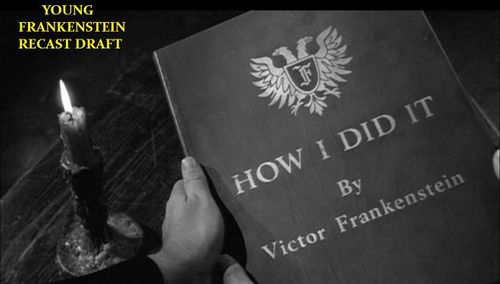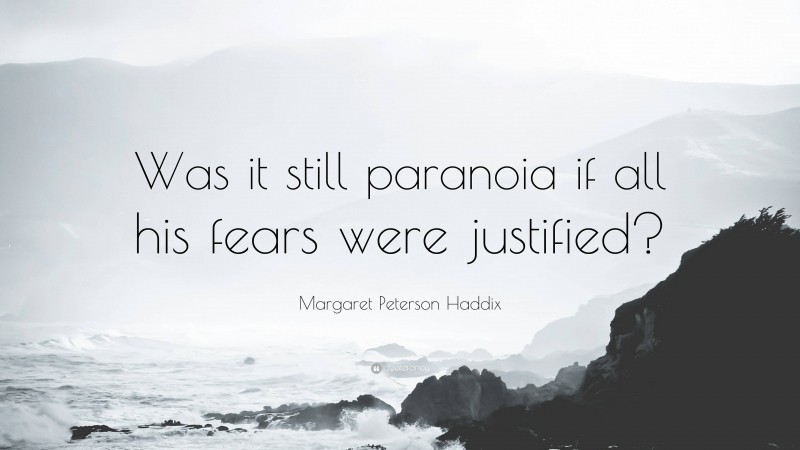



The brute facts of the Holocaust can make literary criticism seem beside the point, but Fink’s subject matter should not be allowed to overshadow just what a good writer she is. Even more importantly, the stories’ shortness works against the emergence of a coherent overarching shape: these narratives have a fragmentary, overlapping, chaotic quality that reflects the provisional nature of their characters’ lives during the period described. The narrow parameters of the stories, most of which are just a handful of pages long, reflect the fact that in this world the course of an individual life could be decided by a single gesture, a moment or a whim. The stories’ titles reflect the tight focus of Fink’s gaze: A Conversation, A Dog, The Table, The Pig. The collection’s title story describes how the monstrous genocidal processes of the SS have overthrown the natural order, defining “this time measured not in months nor by the rising and setting of the sun, but by a word – ‘action’”. (To the west of the line, those proportions were reversed.) The extermination camps of Belzec and Auschwitz are mentioned, but Fink does not follow her characters there. As Timothy Snyder notes in his book Bloodlands, Jews such as those in Zbaraż, east of the Molotov-Ribbentrop line that cut occupied Poland in two, were killed “usually by bullets, sometimes by gas”. The other was taken into a nearby wood and murdered. The stories mostly take place in the same unnamed town (Zbaraż, we can assume) in the time of the mass killings perpetrated by the Einsatzgruppen, when Jews would be summoned to the town square and separated into groups. “At the first shots, our chubby, round-faced cousin David, who was always clumsy at gymnastics and sports, climbed a tree and wrapped his arms around the trunk like a child hugging his mother, and that was the way he died.” Consider this, from the book’s opening story: It’s unadorned, certainly, but with a stripped leanness of tone that sharpens, rather than muffles, its impact. I don’t know how much her style changed between then and the publication of A Scrap of Time, her first book, in 1983 (published in English in 1987, translated from Polish by Madeline Levine and Francine Prose), but subdued isn’t the word I’d use to describe it.
QOUTES FROM IDA FINK ARCHIVE
Her entry in the Jewish Women’s Archive says that editors discouraged her from writing, finding it “too subdued and subtle”. Fink immigrated to Israel in the 50s, where she began to write fiction based on her experiences of the Holocaust.


 0 kommentar(er)
0 kommentar(er)
